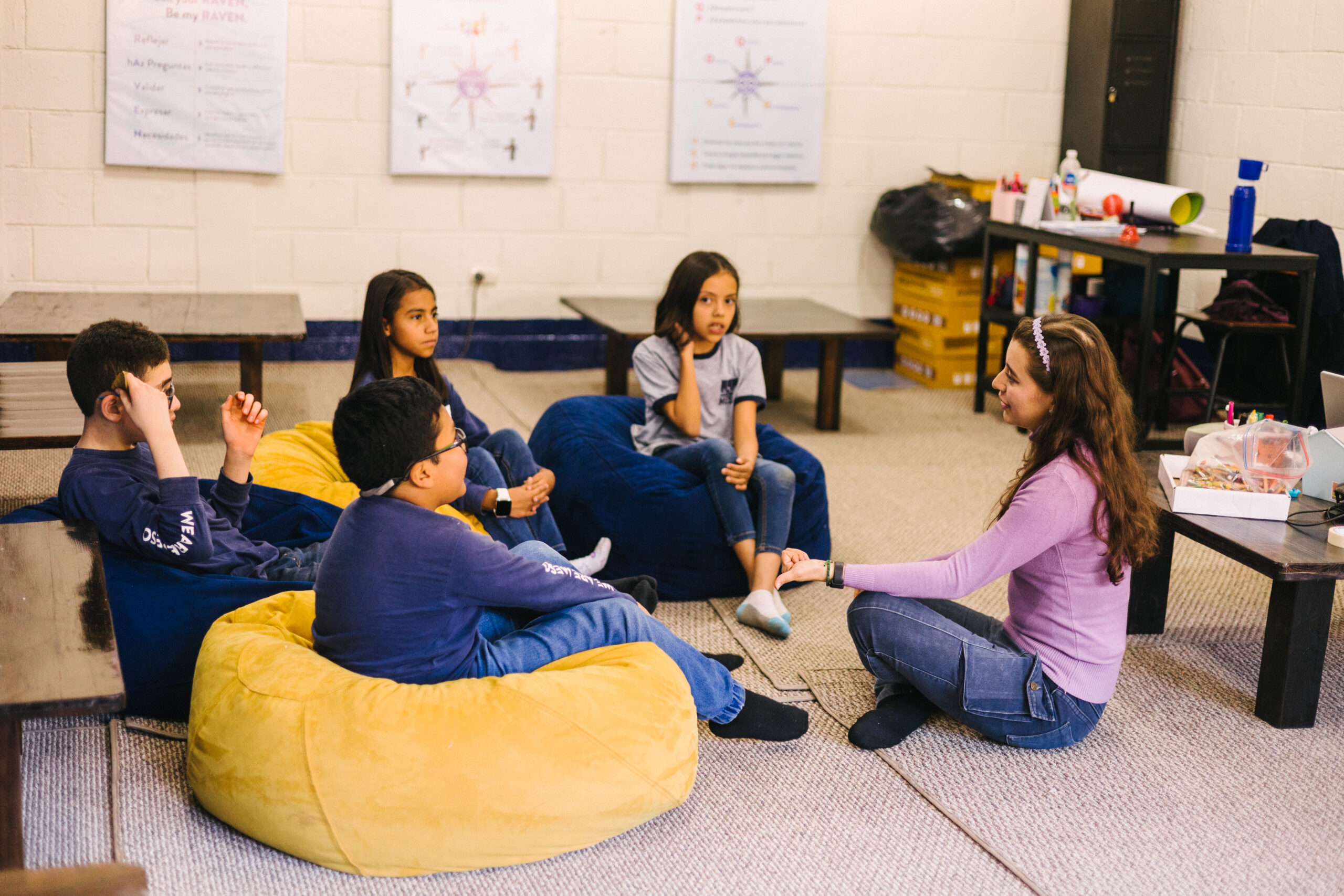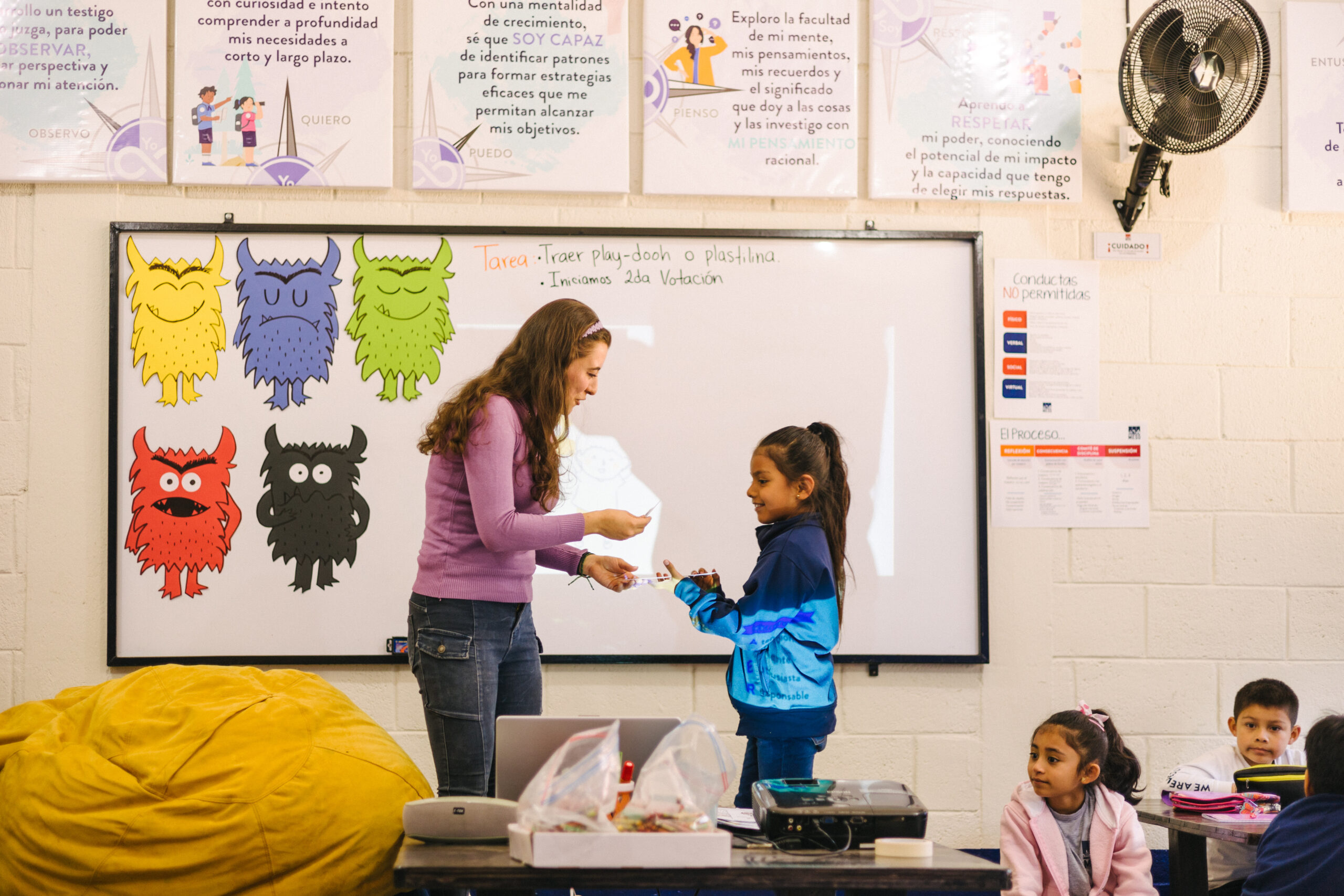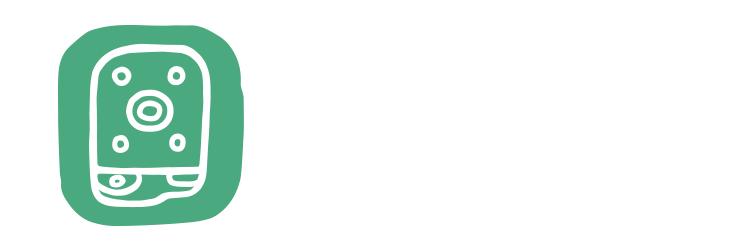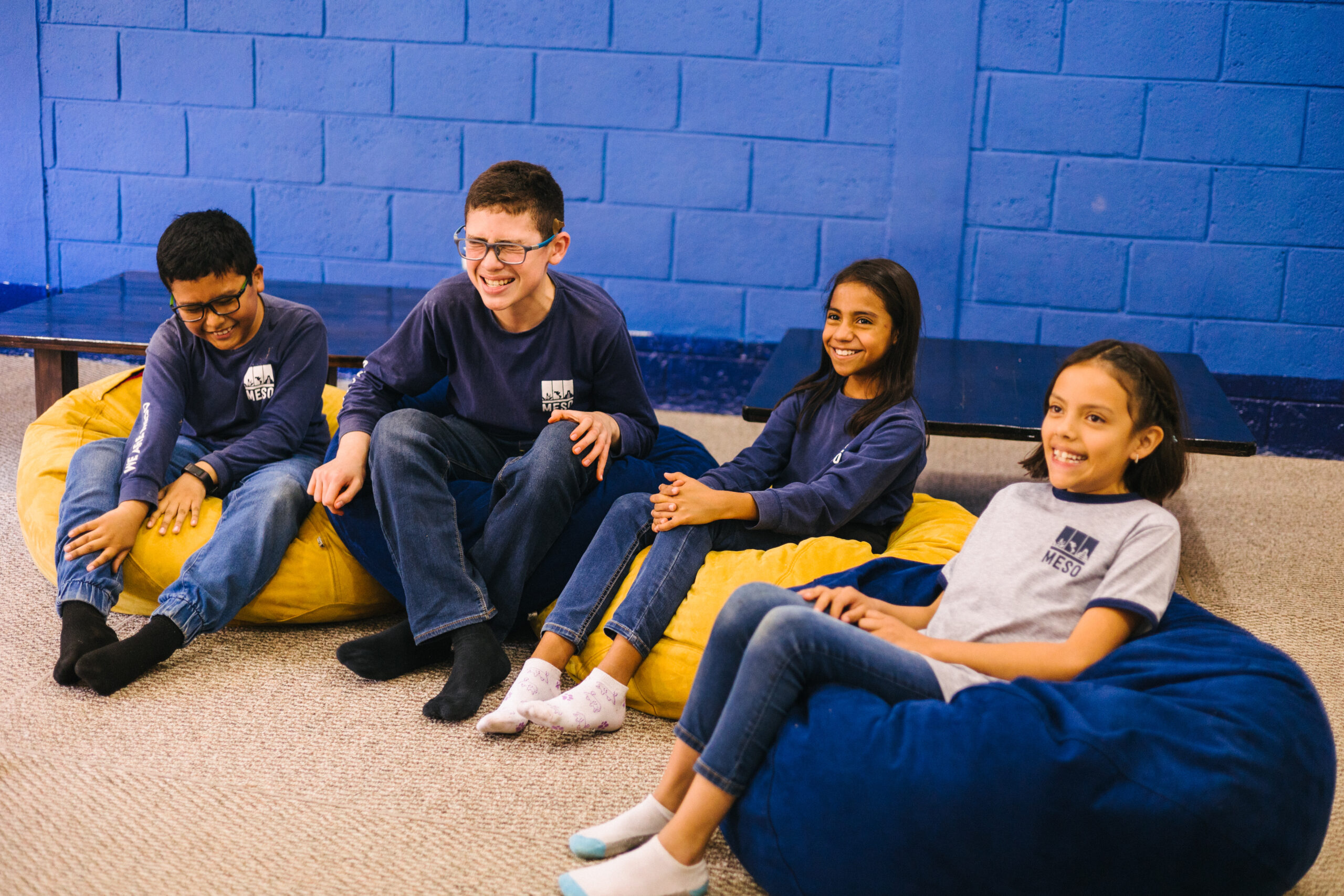Reading time
8 min
Author
Meso Foundation
Publish Date
March 4, 2024

As Raquel Salazar, co-founder of Indigo, describes, “Look at the history of medical science. It wasn’t very long ago that as humanity, when we contracted a small virus and had a fever, we were taught to believe it was a punishment from God, or attributed to magic or witches. Imagine the state of powerlessness and terror. Then, as scientists began exploring and understanding our biology, and the patterns and behaviors of common bugs, the information became known only to a few medical professionals. Our dependence on doctors became problematic; for any minor issue, we would rely completely on their expertise and authority. Then, we began to socialize the information and create everyday tools like thermometers and Tylenol, which, with proper instruction, we now use to treat and manage our most common challenges. With the socialization of information, we now have the power to understand, respond, and lean on professionals for more complex problems and challenges. Similarly, information and tools for mental health can empower us with what we need to be more independent and capable of navigating our life experiences.”
Project Indigo was launched to offer a comprehensive emotional intelligence curriculum dedicated to nurturing emotional and psychological well-being. It provides essential educational tools for understanding and managing emotions, physical and mental balance, healthy leadership, and building sustainable relationships. Indigo’s co-creator and psychologist, Céline Portello, explains “We were concerned when we realized the impact of the pandemic on everyone, both physically and mentally. Indigo gives people a better sense of who they are, what they can accomplish, and how to better cope with life’s difficulties”.
Indigo’s co-creator and psychologist, Céline Portello, explains “We were concerned when we realized the impact of the pandemic on everyone, both physically and mentally. Indigo gives people a better sense of who they are, what they can accomplish, and how to better cope with life’s difficulties”.
Where Indigo comes from…
The inspiration for creating Indigo stemmed from a deep commitment to breaking the cycle of poverty, drawing from the experiences of both Julio and Raquel Salazar. Julio Salazar, Meso’s founder, emphasized the need to address poverty beyond its financial aspects, recognizing the importance of providing physical, social, and psychological support. Meanwhile, Raquel Salazar, influenced by her father’s insights and her own experiences, pursued a different path. Living in the United States, she encountered individuals who had achieved financial success but realized that true freedom remained elusive due to psychological impoverishment. Motivated by their shared understanding and desire to alleviate unnecessary suffering, Raquel co-founded Project Indigo, sought to address the root causes of suffering by striking a balance between practical knowledge and truthful information. Together, Julio and Raquel’s perspectives and experiences laid the foundation for Indigo, embodying a commitment to addressing poverty in all its forms and empowering individuals to lead more fulfilling lives.
What makes Indigo different from other emotional programs?
Indigo provides the tools for individual to be empowered and to begin to take responsibility of their own psyche. It is a mix of many important sources of knowledge and disciplines. Indigo is a weaving of psychoanalytic and cognitive behavioral therapy, community psychology, philosophy, and leadership skill building. Raquel explains that “we are integrating complex concepts into simple activities, and a program that can be easily understood by even a six-year-old.” Céline comments: “There are many small things that can be done for our mind, just as we do for our body. We are making all this information available to parents and children in general, not just to psychology professionals. We have one body and one mind and we need to know how they work.” The program has been successfully launched and received and is now an integral part of the school’s curriculum. With its very own dedicated classroom and teacher, students delve into its content and explore with a certified psychologist. Furthermore, both staff and teachers receive comprehensive training, ensuring they are well-prepared to appropriately respond and reinforce Indigo concepts and language. Additionally, Indigo extends its reach to parents through regular informative Parent Seminars.
The program has been successfully launched and received and is now an integral part of the school’s curriculum. With its very own dedicated classroom and teacher, students delve into its content and explore with a certified psychologist. Furthermore, both staff and teachers receive comprehensive training, ensuring they are well-prepared to appropriately respond and reinforce Indigo concepts and language. Additionally, Indigo extends its reach to parents through regular informative Parent Seminars.
Indigo ultimate goals…
1. Healthy Relationships:
-
-
-
- Teach effective leadership and collaboration skills.
- Provide tools for resolving conflicts constructively.
- Cultivate co-regulation for emotional well-being.
-
-
2. Physical and Mental Balance:
-
-
-
- Educate on neurochemistry and biology basics.
- Introduce mindfulness and stress management.
- Foster bilateral thinking.
-
-
3. Understanding Input and Output:
-
-
-
- Encourage reflection for processing experiences.
- Guide integration of insights into daily life.
- Equip with skills for purposeful action and growth.
-
-
 Indigo offers valuable tools for emotional regulation and coping strategies that are accessible to anyone in need. Whether you’re a parent, student, or caregiver, you can utilize these resources to navigate life’s challenges more effectively. Moreover, with Indigo, you can become a source of support and guidance for others in your community who will also benefit from these tools. Let’s empower each other and spread Indigo far and wide. Follow us on this journey to keep learning about Indigo and make a positive impact on your life and those around you.
Indigo offers valuable tools for emotional regulation and coping strategies that are accessible to anyone in need. Whether you’re a parent, student, or caregiver, you can utilize these resources to navigate life’s challenges more effectively. Moreover, with Indigo, you can become a source of support and guidance for others in your community who will also benefit from these tools. Let’s empower each other and spread Indigo far and wide. Follow us on this journey to keep learning about Indigo and make a positive impact on your life and those around you. 
